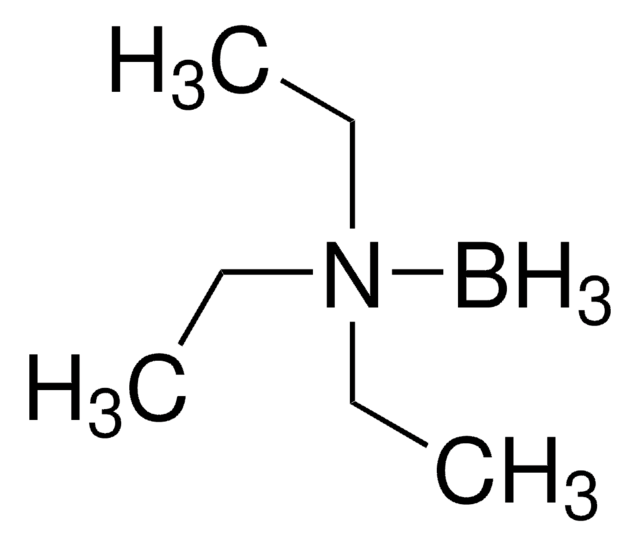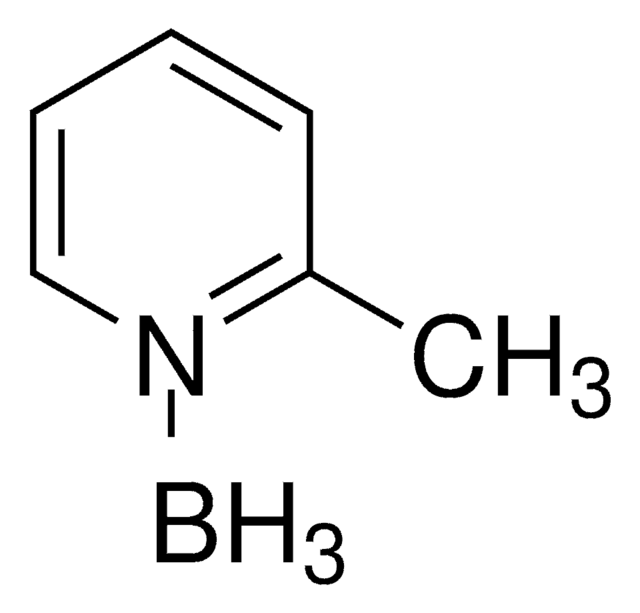643025
Zirconium(IV) oxide
nanoparticles, dispersion, <100 nm particle size (BET), 10 wt. % in H2O
About This Item
Recommended Products
form
dispersion
nanoparticles
Quality Level
reaction suitability
reagent type: catalyst
core: zirconium
greener alternative product characteristics
Catalysis
Learn more about the Principles of Green Chemistry.
sustainability
Greener Alternative Product
concentration
10 wt. % in H2O
particle size
<100 nm (BET)
pH
4-5
greener alternative category
, Aligned
SMILES string
O=[Zr]=O
InChI
1S/2O.Zr
InChI key
MCMNRKCIXSYSNV-UHFFFAOYSA-N
Looking for similar products? Visit Product Comparison Guide
General description
Features and Benefits
Legal Information
Storage Class Code
10 - Combustible liquids
WGK
nwg
Flash Point(F)
Not applicable
Flash Point(C)
Not applicable
Personal Protective Equipment
Choose from one of the most recent versions:
Already Own This Product?
Find documentation for the products that you have recently purchased in the Document Library.
Customers Also Viewed
Articles
Hydrogen is one of the most important resources in providing food, fuel, and chemical products for our everyday life. Sustainable catalytic hydrogen production from bioethanol has gained significant attention in recent years due to globally diminishing fossil fuel supplies, which have necessitated the search for new chemical feedstocks.
A key challenge for nanomaterial safety assessment is the ability to handle the large number of newly engineered nanomaterials (ENMs), including developing cost-effective methods that can be used for hazard screening.
Global Trade Item Number
| SKU | GTIN |
|---|---|
| 643025-100ML | 4061832729589 |
| 643025-500ML |
Our team of scientists has experience in all areas of research including Life Science, Material Science, Chemical Synthesis, Chromatography, Analytical and many others.
Contact Technical Service





